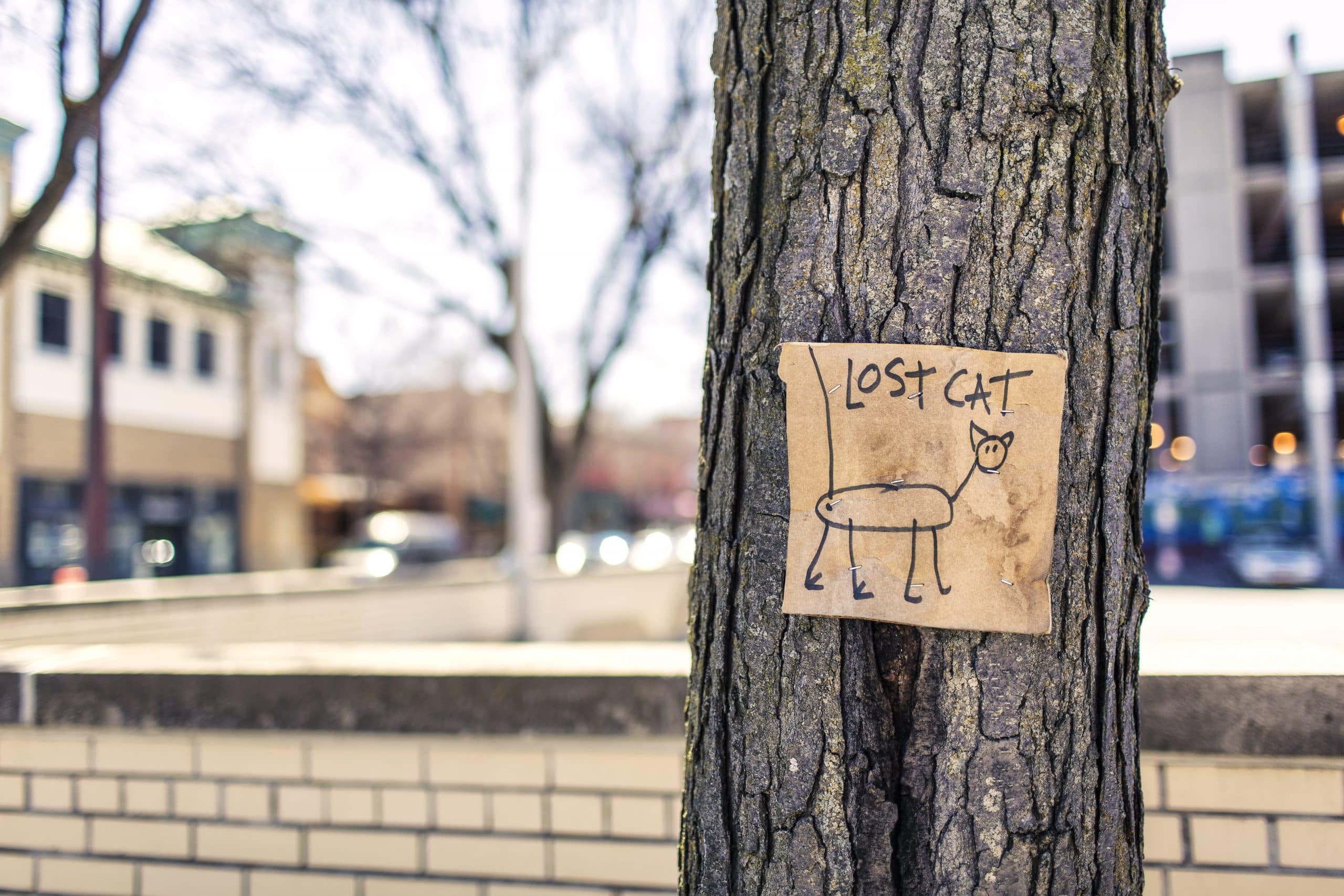In another missing intra-community trader fraud case HMRC have won their case against a trader at the Court of Appeal (CoA). HMRC had already won the case at the First-tier Tribunal (FTT) and Upper Tribunal (UT) where they disallowed the deduction of input VAT on transactions that the trader knew or should have known were fraudulent. This had already been determined at the lower tribunals.
The trader took umbrage that a piece of evidence he had relied on during the tribunals had been incorrect. As part of HMRC’s investigations into the fraud some officers had visited a freight forwarder that they suspected were involved or at least the fraudulent traders were using their services. During this visit they made a note of the supply chains of certain electronic goods. They then compiled a report, called a visit report. This visit report contained inaccuracies, in particular it showed that the litigating trader was not in a supply chain with a known fraudulent trader but this wasn’t the case. The litigating trader used the report in the first round of defending his claim to the input tax at the FTT but the FTT were overwhelmed by other evidence.
In advance of the proceedings at the UT, HMRC informed the litigating trader that they thought the visit report was incorrect in writing. The litigating trader ignored this and took the case to the UT where he was similarly unsuccessful. All this litigation was expensive, so the trader claimed that HMRC owed him a common law duty of care as he had relied on evidence that was incorrect and that his costs should be reimbursed. The report was shown to be incorrect and that the trader was in supply chains with other known fraudulent traders.
The CoA found that HMRC didn’t owe the trader a common law duty of care. The CoA noted that parties that are in litigation never owe the other party a duty of care. The fact that HMRC had let the trader know in advance of the UT proceedings that the visit report was inaccurate, where there was no requirement to, that they did this showed good willing by HMRC. The CoA held that if litigating parties had to ensure that the evidence the other party selects is accurate then it would be almost impossible for efficient justice to operate. The CoA further held, each party to legal proceedings has the right to choose the best evidence to suit their case and the other party cannot be held responsible for the evidence so chosen.
The decision can be found at: The Commissioners for HMRC v Charles (t/a Boston Computer Group Europe) – Find case law (nationalarchives.gov.uk)
Please do contact us if you have any questions on VAT matters or are concerned about how to respond to HMRC correspondence.



